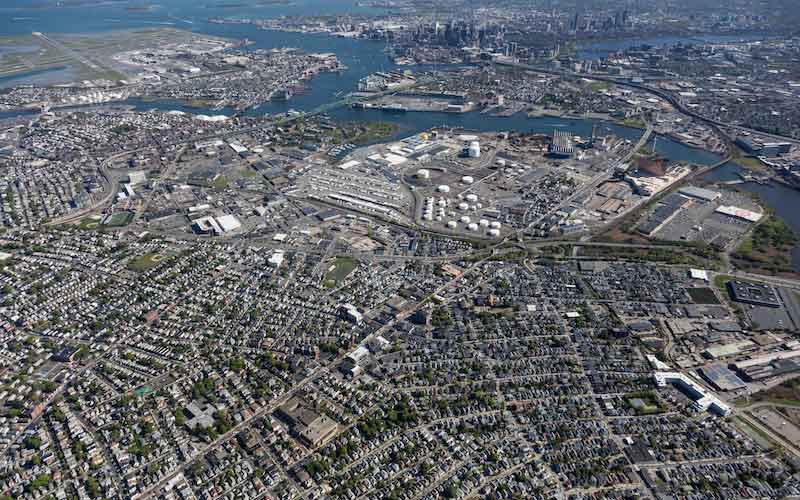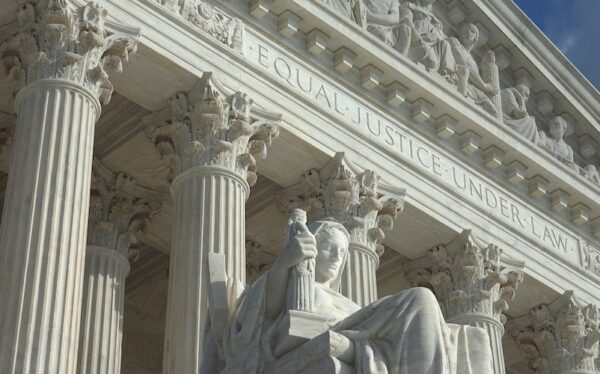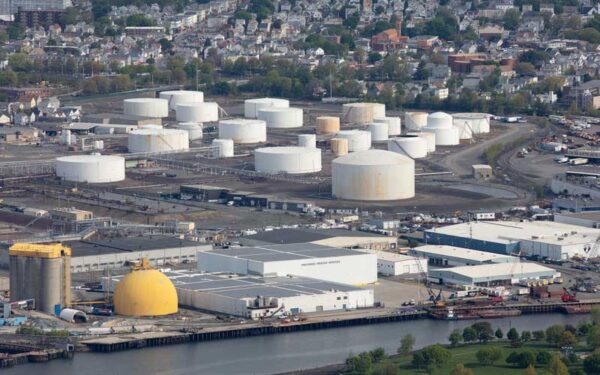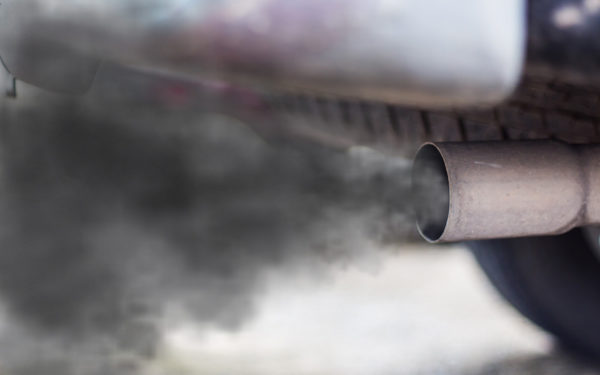
ExxonMobil’s Everett facility sits on the Mystic River, putting its residential neighbors at risk from toxic flooding. Photo: Alex MacLean
Climate impacts are here now, yet the very companies most responsible for our changing climate are doing little to prepare their coastal facilities for its impact.
Big Oil operates large oil and gas storage terminals across New England. Perched on the edges of rivers, bays, and sounds, so tankers have easy access, these facilities often lie at sea level. That puts them directly in harms’ way when the next Hurricane Sandy or Tropical Storm Irene barrels through New England.
What’s more, climate change is causing regular extreme weather that risks toxin-laden waters pouring into nearby neighborhoods – most of which are home to people of color, limited English speakers, and people with low incomes.
Despite knowing about these dangers – ExxonMobil and Shell predicted them decades ago through their own science divisions – none of these billion-dollar companies has taken measures to fortify their oil storage terminals. Instead, they have left the communities where they operate at risk.
These risks threaten us all, but it’s no coincidence that many of these facilities are located in or near historically redlined communities. Redlining dates back to the 1930s when banks denied mortgages to people based primarily on their race. While the practice was prohibited decades ago, its legacy can still be felt. Today, redlined communities are more likely to be heavily industrialized – and overburdened with air pollution as a result. And, with less wealth comes less political power to create change.
In 2016, CLF launched its Climate Accountability project to hold Big Oil companies responsible for the harms and risks they inflict on New England communities. Starting with ExxonMobil’s facility in Everett, Massachusetts, and followed by Shell Oil’s facility in Providence, Rhode Island, CLF filed first-of-their-kind lawsuits against these corporate giants to force them to step up.
Those cases are advancing steadily through the court system despite Exxon’s and Shell’s attempts to stop them. CLF also is pursuing new cases in New Haven, Connecticut, and Quincy, Massachusetts.
Hurricanes Harvey and Katrina served as stark wake-up calls to the threats facing our communities from oil, gas, and chemical storage facilities. Harvey caused as many as 100 toxic chemical and oil spills, polluting air and water and imposing health risks on residents. We are already experiencing the effects of increased severe weather here in New England. Our actions to hold these oil giants accountable can help prevent a similar catastrophe from happening here.



